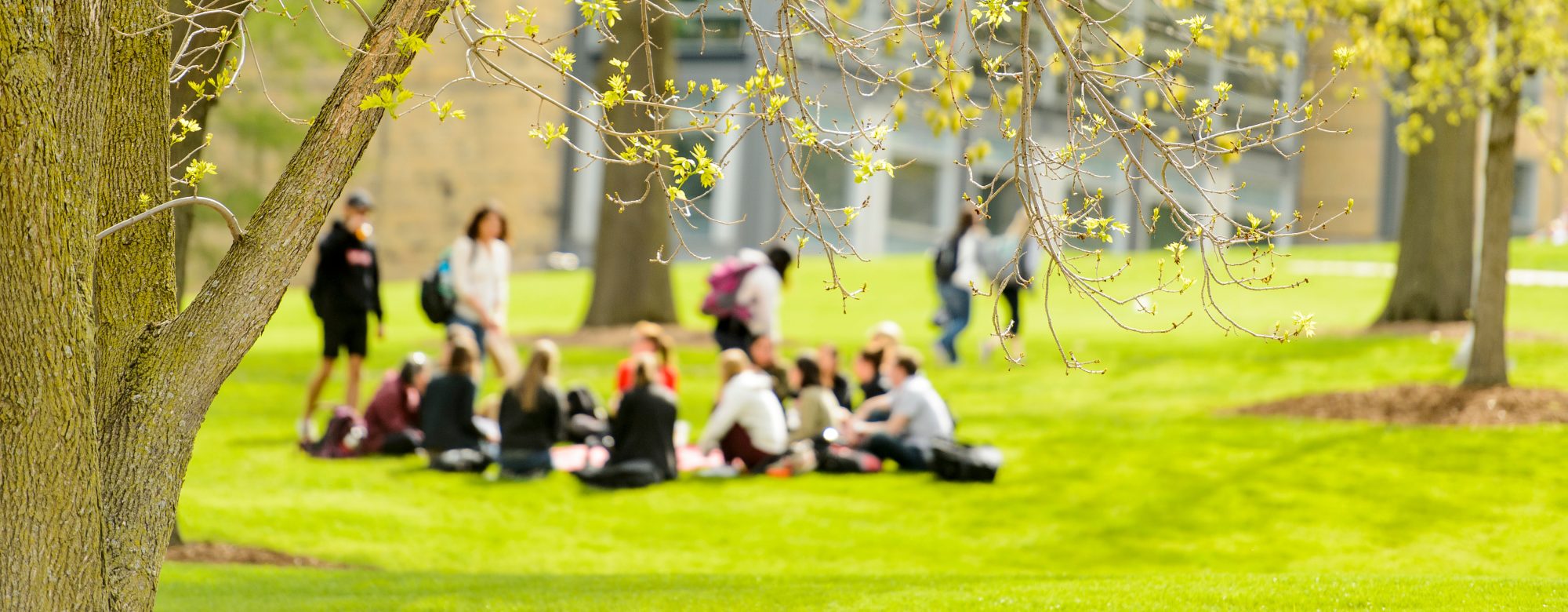Teaching in a racialized society means that each instructor will be bringing with them an understanding about race and ethnicity developed through their own experiences as racialized individuals. In addition to one’s personal understanding of their identity, students within the classroom make assumptions about instructor’s identities that affect how they receive the information from the class.
What follows is a personal testimony from an instructor reflecting on their own positionality within the classroom setting.
“I was nervous whether my students would feel comfortable learning from a first-generation American with an obvious religious identity. Given the current political climate, both my identities are under intense scrutiny. Deep down I knew that students in Madison are very tolerant and may even be eager to get to know someone who is different from them. I never doubted their kindness – I was more anxious as to whether they would think I have ideological leanings. Because of this, I made an extra effort to leave my opinions to myself – even after Trump’s victory. I don’t regret this decision because I think standing in front of the room comes with immense responsibility and I am never too sure that my perspective is entirely valid. Therefore, to be safe, I would stay away from professing my viewpoint and instead focused on the readings at hand. Certainly this caution derives from my fraught identity but I would rather be neutral and even pass up an opportunity to dispel misconceptions about my identity than have a student feel judged or cornered and thereby hamper their learning. There are hazards to this approach. For example, I would grade essays that represented my identity favorably more harshly in fear of being seen as parochial. I did not want students to think that defending my social groups would necessarily win them a good grade. But now I do wonder if I was overly harsh on those essays. Bearing an identity that is misrepresented daily by the media can be emotionally taxing but these reflexive considerations are also training me to be an objective academic and build a thick skin. It also helped immensely to work with instructors who reassured me that I was doing all right.” (Instructor of a sociology course addressing race and racism)
